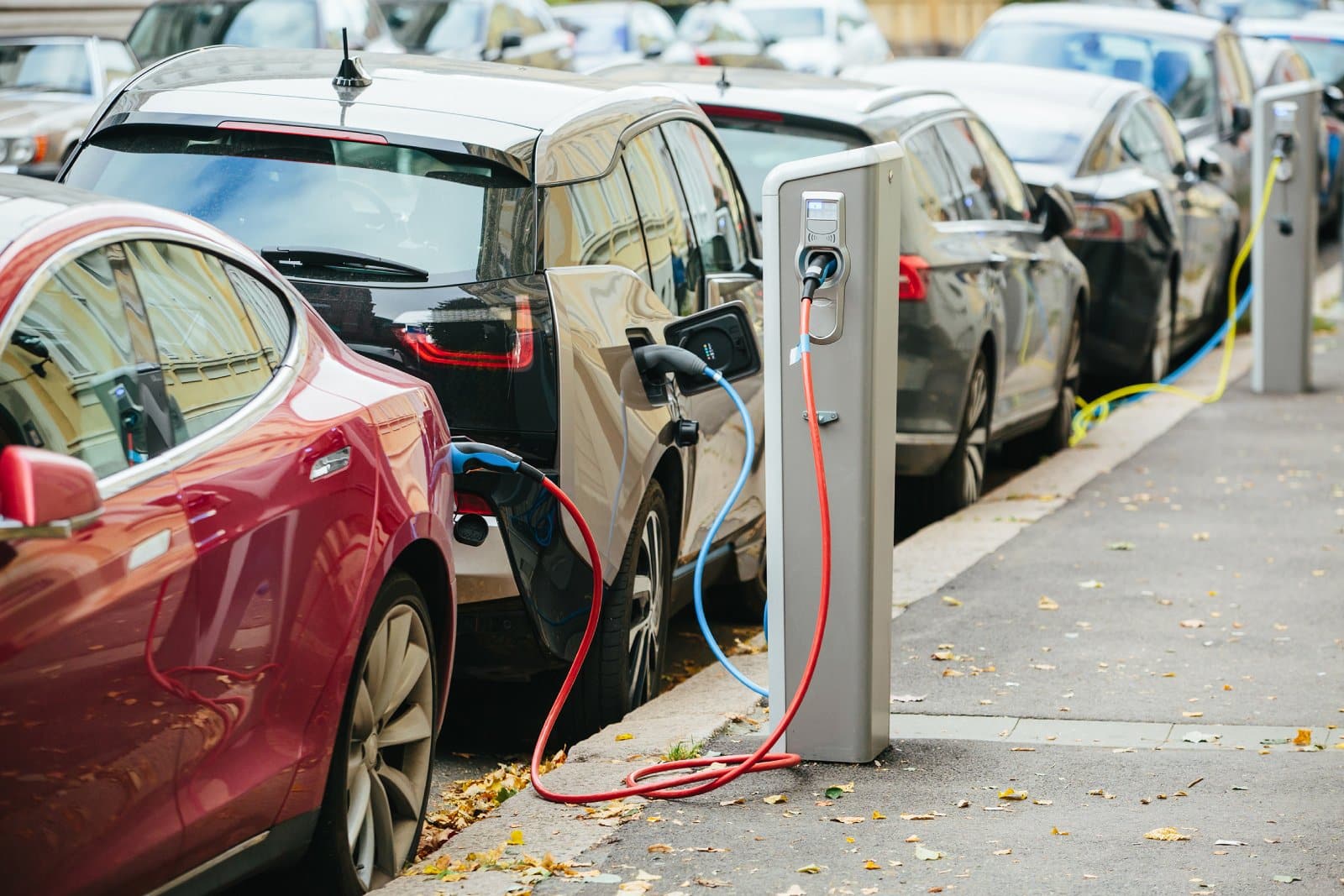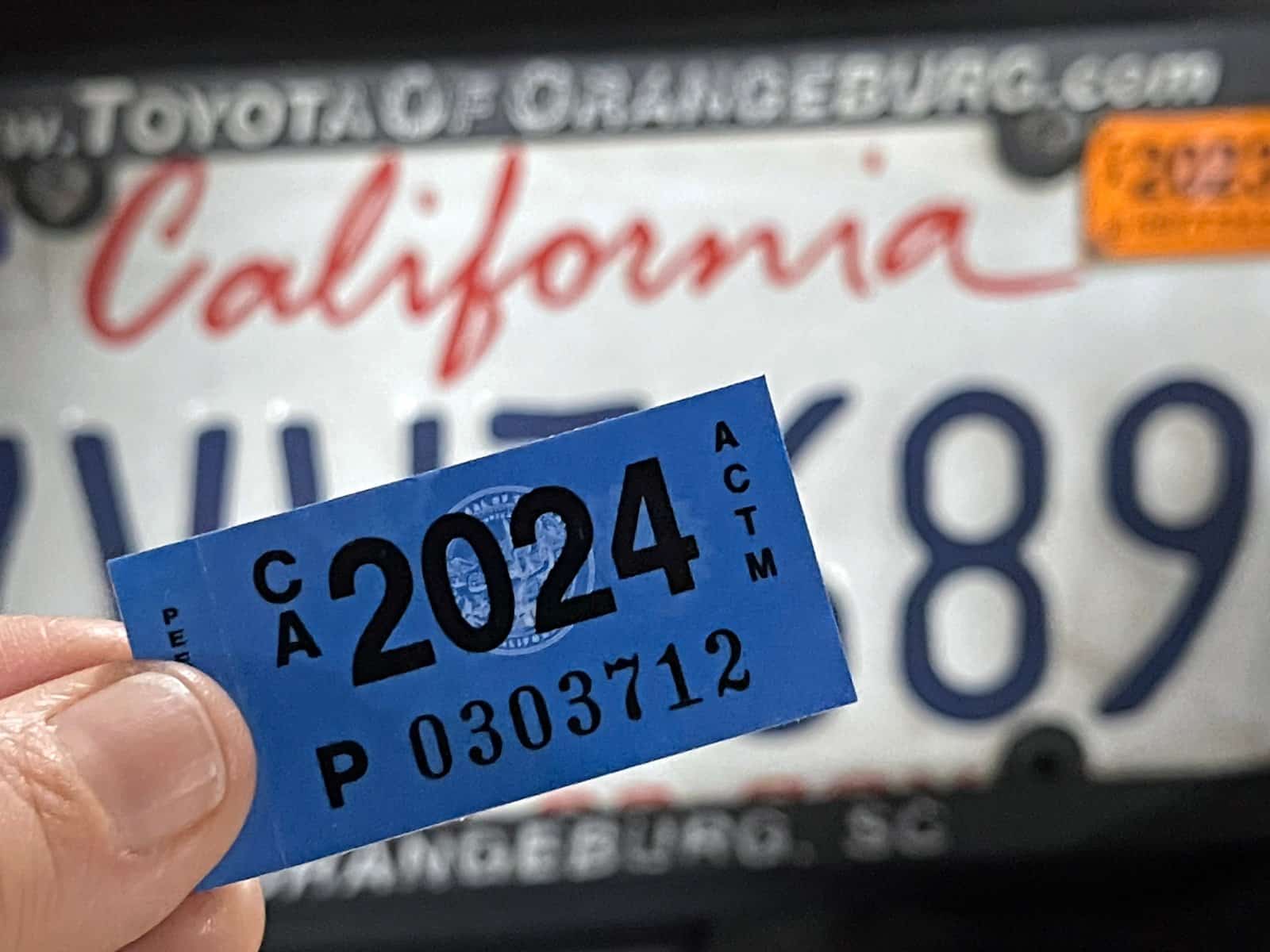Chinese Electric Vehicle manufacturers ignore the EV tariffs implemented by the U.S. government. Can this cause a long-term issue rippling off to consumers and businesses within the auto industry?
EV Cars Are the Future

No matter how they are seen, electric vehicles are the future and will help lower the greenhouse gas effect, among other things. Still, views are torn as this brings unsettling feelings throughout the EV manufacturing industry. How It Started
In May 2024, the United States introduced new tariffs that will affect the EV market of imported Chinese cars. Reports conveyed 100% tariff cover on EVs, 25% on lithium-ion batteries, and 25% on minerals like graphite and cobalt.
The Decisions Meant for Positive Results

While increasing tariffs is supposed to benefit everyone, it is presenting major potential challenges.
It Can Cause a Ripple Effect

The tariffs might seem beneficial, but the costs will prevent U.S. car manufacturers from freely importing lithium-ion batteries, minerals, and electric vehicles. This could cause consumers to experience increased purchase prices for EVs and a long waiting time if parts are in short supply.
40% EV Adaptation In The U.S. By 2030

Morningstar reports say the U.S. wants 40% EVs on U.S. roads by 2030. Still, the expected tariffs might hinder this goal.
Why the Tariff Implementation?

The report said the tariffs would be implemented as a result of the IRA (Inflation Reduction Act), which U.S. President Joe Biden signed on August 16, 2022.
About the IRA

According to the U.S. Treasury, the IRA Act will help create job opportunities, produce equipment that promotes domestic supply chain connections, lower greenhouse gases, and ensure American homes are more energy efficient.
Cost on Subsidies

Under the IRA Act, federal subsidies for EVs amount to $7,500 if the batteries and minerals used to produce them are made in the United States or by a free-trade partner.
China Responds

China has urged the E.U. to “rethink.” Brussels has export duties from China up at about 38%. The Foreign Ministry spokesperson, Lin Jian, said, “We urge the EU to abide by its commitment to support free trade, oppose protectionism, and work with China to safeguard the overall situation with China-EU economic and trade cooperation.”
European and United States Impose Tariffs

Shortly after Washington increased EV tariffs on Chinese EV imports, Europe imposed tariffs, too. E.U tariffs included 17% BYD, 38.1% for SAIC, and an additional 10% on car duties.
China Says “Rethink”

The Chinese Foreign Ministry spokesperson also said, “It was the wrong approach.” “China will take all necessary steps to safeguard its legitimate rights and interests” the spokesperson said.
Little to Zero Support From European Manufacturers

European car manufacturers rely on China for production. European car manufacturers fear the worst. BMW says the taxes were the “wrong way to go,” while Volkswagen said “the negative effects of the tariffs outweighed any benefits.”
Opposition Within the E.U.

Western car markets that manufacture cars in China and export them to Europe will also suffer the consequences of the tax implementation. Many E.U. companies opposing the tariffs include Mercedes Benz, Volkswagen, Stellantis, Renault, Tesla, and BMW. These companies rely on China, one of the world’s largest manufacturing powerhouses.
Taxes Can Disrupt Balance of Western Car Brands

Reports say some U.S. capitals worry that their EV car manufacturers are threatened by the increase in cheaper Chinese-brand EVs entering the markets. During difficult economic times, consumers looking to save might find cheaper Chinese EV brands more appealing than European and Western brands.
Best to Team Up

According to reports from a Chinese news agency called Xinhua, Chinese President Xi Jinping hopes “China-E.U. and China-France relations reinforce each other and thrive together.”
Better Relations When Working Together

Xinhua reports that the E.U. and China are large powerhouses, and given their grand scale and impact on the world, the two should team up on trade and economic concerns. “The European Union should avoid trade frictions with China, and it is necessary for both sides to seek consensus on new-energy cooperation…”
23 Steep Taxes Adding to California Residents’ Burden

California: a place of sunshine, innovation, and, unfortunately, some of the nation’s highest taxes. From LA’s beaches to Silicon Valley’s tech hubs, residents grapple with a maze of state taxes. Here’s a glance at 23 taxes that might surprise both Californians and outsiders. 23 Steep Taxes Adding to California Residents’ Burden
Cash in on Nostalgia: 21 Toys Now Worth a Fortune

Time to dust off the boxes and find that once-cherished toy from your childhood. For collectors and enthusiasts, these items have become valued objects, and they can be worth big bucks – are there any of these in your attic? Cash in on Nostalgia: 21 Toys Now Worth a Fortune
Millennials Don’t Buy These 19 Products Anymore

Millennials are changing consumer habits, quietly replacing once-staple products and traditions. Often criticized for their disruptive preferences, this generation is reshaping the marketplace with digital expertise, ethical buying, and a taste for the unconventional. Millennials Don’t Buy These 19 Products Anymore
Featured Image Credit: Shutterstock / Tada Images.
The content of this article is for informational purposes only and does not constitute or replace professional financial advice.
